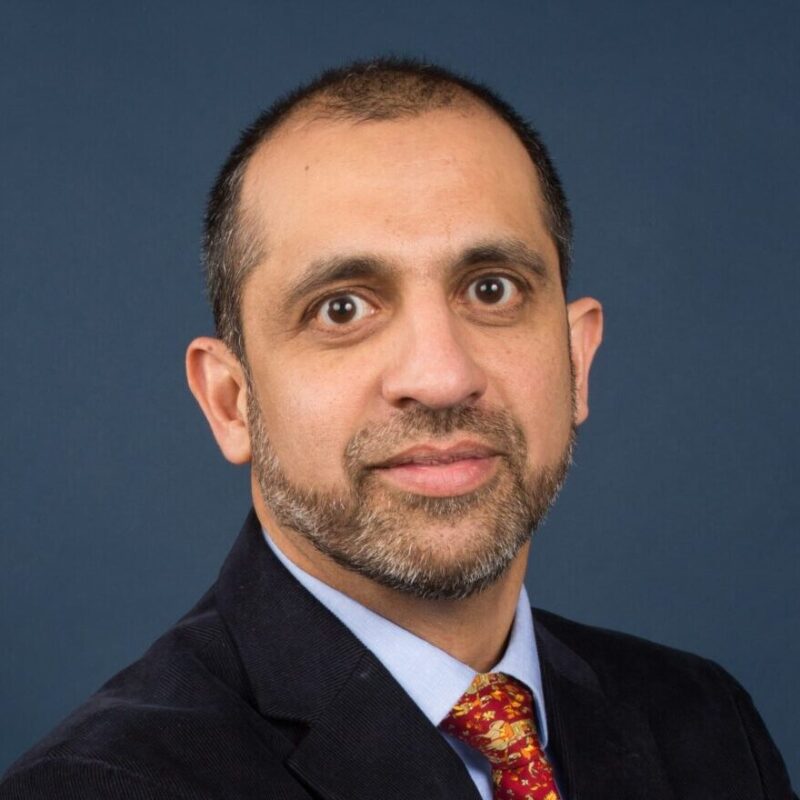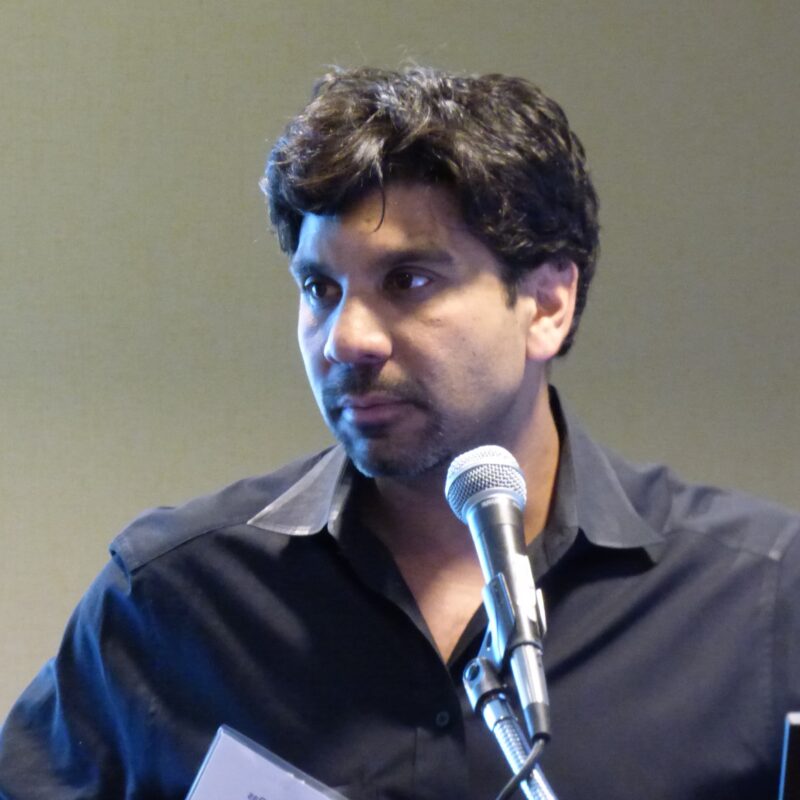Pakistan
How can implementation effectiveness be improved with innovative technology and evidence-based approaches to policymaking in Pakistan?
Targeted instruction and the take-up and diffusion of innovation
The emphasis of this project is to understand take-up and diffusion of a new technology.
In Pakistan, our team designed the Targeted Instruction in Pakistan (TIP) programme. TIP is an accelerated, targeted curriculum developed to help primary students build foundational skills in Math, English, and Urdu and to catch up to grade level after prolonged COVID-19 related school closures.
Our main research question explores how innovations such as TIP are adopted and whether they persist over time, shedding light on the long-term impacts of foundational learning interventions such as TIP.
Accountability gaps: experimental evidence on improving public service delivery
Improving public service delivery can support economic and social development and strengthen citizen-government linkages, particularly in developing country contexts. Yet, in cases where service delivery is inadequate and citizens perceive and/or experience barriers to engagement with the government, what effective means do citizens have to hold government representatives accountable?
Our project covers several key areas: 1) how citizens can hold policy actors accountable for public service delivery through the lens of public education, including testing various models to ensure effective implementation; 2) whether evidence-based approaches are taken up by policymakers as a result of increased accountability; and 3) whether we are able to generate citizen pressure on policymakers to respond to their specific issues.
Fast facts
Main projects: Targeted instruction and the take-up and diffusion of innovation; accountability gaps: experimental evidence on improving public service delivery
Principal Investigators: Jishnu Das, Tahir Andrabi, Asim Khwaja
Host and partner institutions: Georgetown University, Pomona College, Harvard University, Centre for Economic Research in Pakistan (CERP)
Time period: 2023–2027



